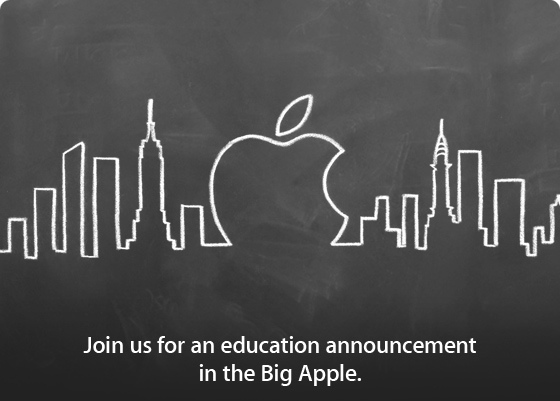Another winter storm descends upon the North Eastern United States and dozens of people get caught in the blizzard.
The New York Times describes the plight of those stuck on the Long Island Expressway and quotes Lorna Jones who was stuck in her car overnight with nothing but a bottle of Listerene for supplies.
“It’s terrible. It’s cold. I don’t know how long I’m going to be here,” said Ms. Jones, 62, a nurse who stalled near the town of Brookhaven, less than a mile from her destination. “Are there any plans to help us?”
One of the conceits of modern society is that we have help at our fingertips, that we only have to dial 911, 112 or whatever emergency code is in use and a helicopter will come to pluck us from whatever predicament we find ourselves in.
As those stuck on the Long Island Expressway found, when a real emergency hits you will join the queue in the wait for overwhelmed emergency services.
To the west, Franklin Simson’s, 18-wheeler got stuck on an exit ramp as he tried to deliver corn flour to a tortilla bakery at 3 a.m.
He said he had called the police every two hours but had received no assistance. He tried several towing companies, but they all said they were overwhelmed, he recalled. He had heat in the truck and had slept for two hours, but had no food or water.
No doubt Franklin eventually got a feed and was able to deliver his flour, which illustrates a different type of risk in an economy built around just in time logistics, but he and Lorna got off lightly – plenty of people die in these situations.
It all comes down to our modern inability to identify and evaluate risks.
Another article in the New York Times from Jared Diamond discusses the little risks in life – the one in a thousand chance events such as slipping in the shower.
These apparently small risks are actually almost certainties – if you shower once a day, you have a risk of slipping once every three years.
While it’s understandable we discount those small risks, modern communications and the perceived safety net of government regulations lull us into a false sense of security with bigger risks.
As a consequence, we invest in financial instruments we don’t understand, we rely on technologies we barely comprehend and, most importantly, we put ourselves into physical danger by venturing out into blizzards, floods or fires when anybody sensible stays at home or bunks down at the office.
Ultimately the plans to help us don’t work when dozens, hundreds or thousands of people are affected. The best we can do is to evaluate and manage risks as best as we can.
We have the tools to do this, the tragedy is we are far better informed about the risks around us than our forebears, which makes our modern inability to judge the risks we take so much more of a paradox.
Image courtesy of ColinBroug through sxc.hu





